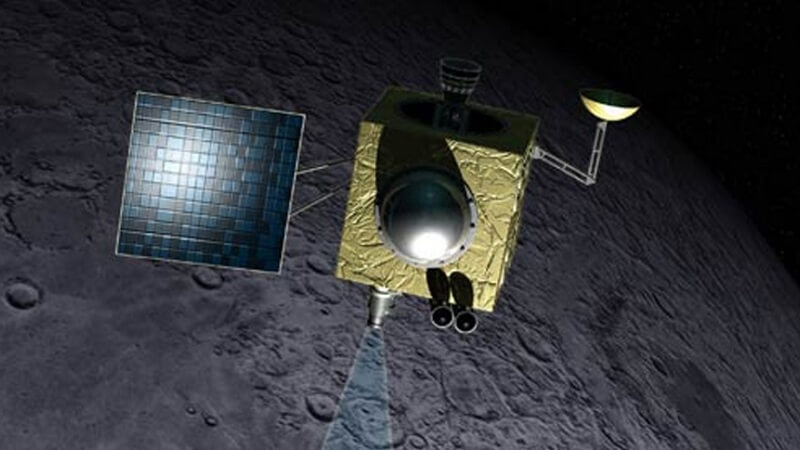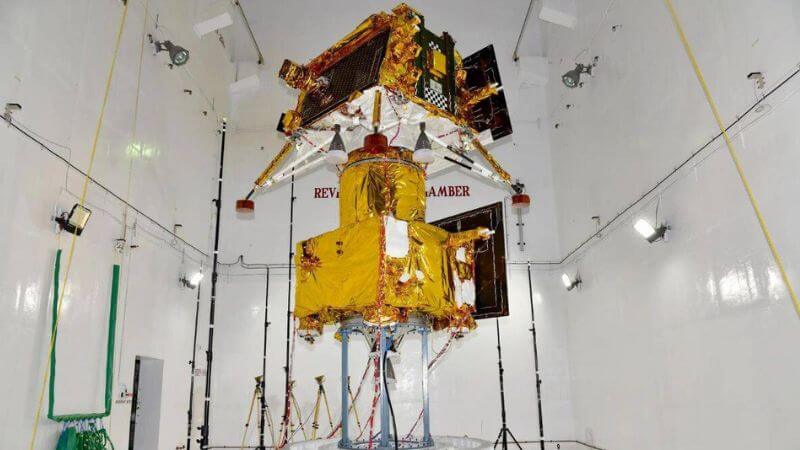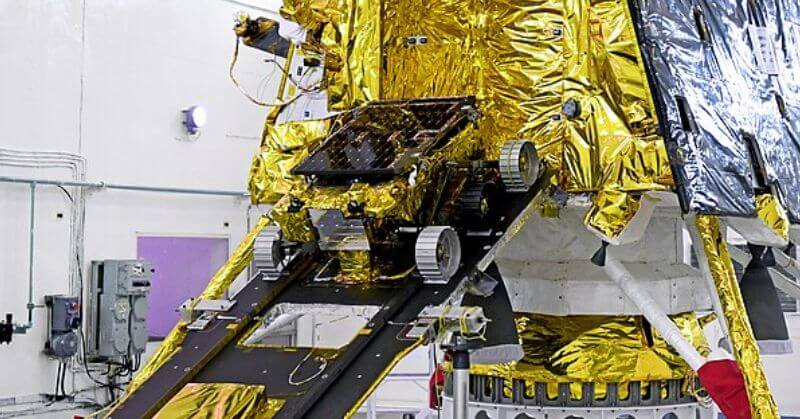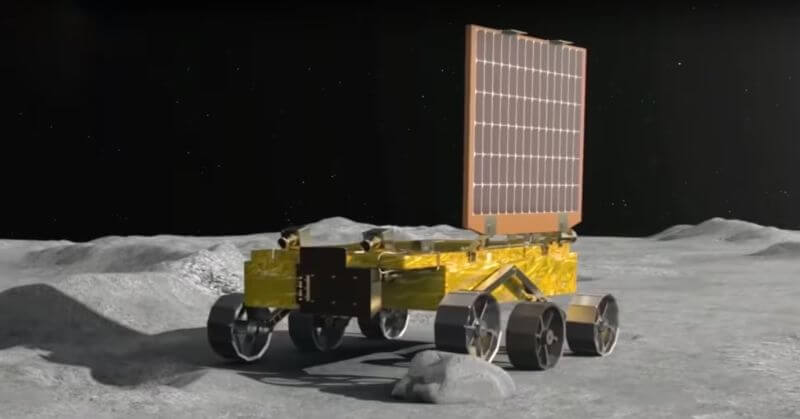The Pragyan rover from India’s Chandrayaan-3 mission has successfully landed on the Moon’s south pole and is now exploring the lunar surface in search of lunar secrets. The rover is solar-powered and is equipped with several scientific instruments to study the Moon’s surface and environment. Continue reading to know more about the rover.
What Does The Pragyan Rover Do After The Sunsets?

However, the question asks explicitly what the rover will do at -180 degrees after the sun sets on the Moon’s south pole. It’s interesting to know the activities of the Pragyan rover on the lunar surface. The rover is tasked with scrutinizing the mineral makeup of the Moon’s exterior. Further, it also involves examining the presence and the ratio of valuable elements.
This includes magnesium, Aluminium, silicon, potassium, calcium, iron and titanium. The elements are found within the lunar soil and rocks. The Moon’s rotation period is the same as its orbital period, which always shows the same face towards the Earth. This also means the Moon has day and night cycles lasting about 14 Earth days each. ISRO’s experts are optimistic that as the Sun re-emerges after 28 days, a potential resurgence in Pragyan and Vikram’s functionalities might occur.
During the lunar night, which lasts about two Earth weeks, temperatures can drop to as low as -203 degrees Celsius. This is because the Moon has no atmosphere to trap heat and no internal heat source to keep it warm.
How Was The Rover Designed?

The Pragyan rover is designed to operate during the lunar day, which lasts about two Earth weeks. During this time, the rover will move around the lunar surface, collect data, and transmit it back to Earth. However, the rover is not designed to operate during the lunar night as the extreme cold can damage its electronics and batteries.

Therefore, when the sun sets on the Moon’s south pole, the Pragyan rover will enter a state of hibernation to conserve power and protect its electronics. The rover will shut down most of its systems and go into sleep mode until the next lunar day begins. During this time, the rover will not move or collect any data. This accomplishment will boost India’s global space reputation.
The Pragyan rover from India’s Chandrayaan-3 mission explores the Moon’s south pole and conducts scientific experiments during the lunar day. The Vikram lander and Pragyan will continue to stay on the Moon’s surface permanently. What do you think about the topic discussed above? Do let us know your thoughts in the comment section below. Stay tuned for further updates.
Follow Us: Facebook | Instagram | Twitter |
Youtube | Pinterest | Google News |
Entertales is on YouTube; click here to subscribe for the latest videos and updates.














